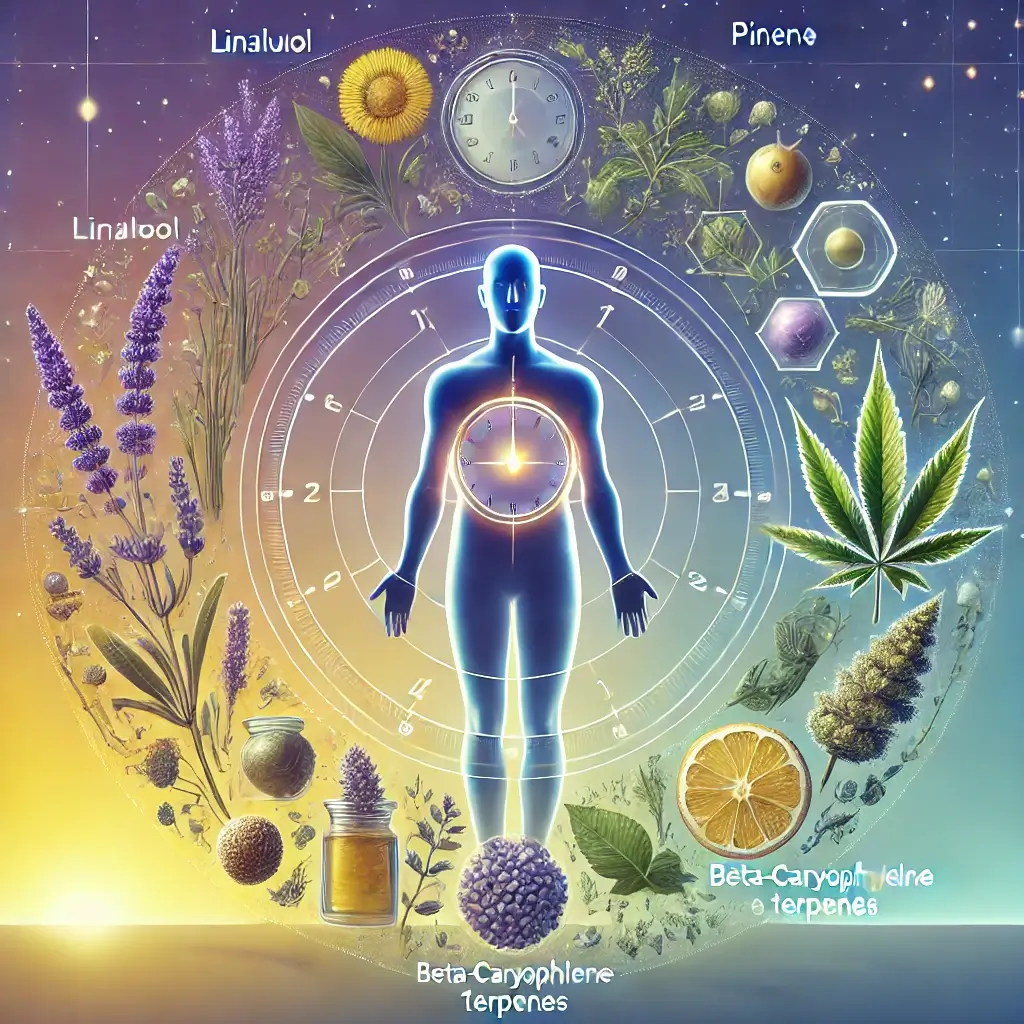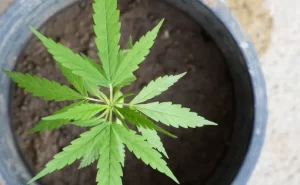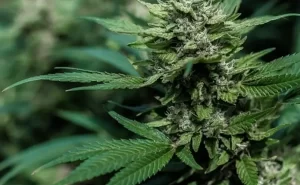Understanding Age-Related Cannabis Pharmacokinetics: A Comprehensive Guide for Healthcare Providers
Addressing Complex Needs of Aging Population Through Cannabis
As populations age, healthcare systems are increasingly focused on innovative solutions to address the complex needs of seniors. Among these innovations, cannabis has gained recognition as a viable therapeutic option for managing a range of age-related conditions. From chronic pain and insomnia to appetite loss and anxiety, cannabis offers a natural alternative to conventional pharmaceuticals. However, the use of cannabis in senior populations requires careful consideration of age-related physiological changes that affect how cannabinoids are processed in the body.
Understanding Cannabis Pharmacokinetics in Senior Care
Pharmacokinetics, the study of how substances are absorbed, distributed, metabolized, and eliminated, varies significantly in seniors compared to younger adults. These differences are driven by aging-related changes in liver metabolism, kidney clearance, fat composition, and gastrointestinal absorption. For instance, slower liver metabolism can prolong the effects of cannabis, while reduced renal function may lead to an accumulation of metabolites. Such changes necessitate a cautious, personalized approach to dosing and administration.
Managing Multiple Chronic Conditions with Cannabis
Additionally, seniors are more likely to be managing multiple chronic conditions, often with complex medication regimens. This raises the potential for drug interactions that could either enhance or diminish cannabis’s effects. By understanding the pharmacokinetic nuances of cannabis in older adults, clinicians can better tailor treatments to maximize benefits while minimizing risks. This article explores the age-related pharmacokinetics of cannabis, highlights its therapeutic applications for seniors, and offers evidence-based recommendations for senior care integration.
Impact of Age-Related Changes on Cannabis Processing
Aging introduces several physiological changes that impact how cannabinoids are processed:
Metabolic Variations: The liver’s cytochrome P450 enzyme system, responsible for metabolizing THC and CBD, operates less efficiently in seniors. This can lead to slower processing times and prolonged effects, making dose adjustments crucial.
Altered Drug Distribution: Seniors often have increased body fat, which serves as a reservoir for fat-soluble compounds like THC. This results in a delayed release of the drug, extending its effects even after administration has ceased.
Reduced Clearance: Kidney function declines with age, slowing the elimination of cannabis metabolites. This can lead to cumulative effects over time, particularly with regular use.
Polypharmacy Concerns: Drug interactions are a significant consideration. Cannabis can affect the metabolism of common medications, such as blood thinners and sedatives, necessitating close monitoring.
Therapeutic Applications of Cannabis in Senior Health
Cannabis offers a range of therapeutic benefits, particularly for conditions that are prevalent in older populations:
Chronic Pain Relief: Cannabis’s interaction with the ECS helps modulate pain signals, making it effective for conditions like arthritis and neuropathy. Research shows that it may reduce reliance on opioids, lowering the risk of addiction and side effects.
Improved Sleep: Sleep disturbances, including insomnia and fragmented sleep, are common in seniors. THC has shown promise in reducing sleep latency, while CBD improves sleep quality without causing drowsiness.
Enhanced Appetite: Appetite loss is a frequent issue among older adults, particularly those with chronic illnesses. THC stimulates appetite, helping to counteract unintended weight loss and malnutrition.
Anxiety Management: Anxiety and depression can severely impact seniors’ quality of life. CBD’s anxiolytic effects provide relief without the psychoactive effects of THC, making it a preferred option for long-term use.
Implementing Safe Cannabis Integration Strategies
To ensure the safe integration of cannabis into senior healthcare, the following evidence-based strategies are recommended:
Start Low, Go Slow: Begin with minimal doses and titrate gradually to find the optimal balance of efficacy and safety.
Administration Methods: Non-inhalation routes such as tinctures, edibles, or capsules are often better suited for seniors due to ease of use and controlled dosing.
Regular Monitoring: Frequent follow-ups allow clinicians to assess therapeutic effectiveness, adjust dosages, and monitor for side effects or interactions.
Patient Education: Providing seniors with clear information on usage, potential side effects, and drug interactions empowers them to make informed decisions.
Future of Cannabis in Senior Healthcare
Cannabis holds immense potential for improving the health and well-being of seniors, addressing a variety of age-related conditions with fewer risks than many conventional medications. However, age-related changes in pharmacokinetics necessitate a tailored approach to its use. Research, such as studies published in the Journal of Geriatric Pharmacology, highlights the need for careful dosing, close monitoring, and patient education to ensure safety and efficacy.
Enhancing Senior Quality of Life Through Cannabis
By understanding and accommodating the unique needs of older adults, healthcare providers can harness cannabis’s therapeutic potential to enhance seniors’ quality of life. As the evidence base grows, cannabis is poised to play an increasingly significant role in senior care, offering new hope for better health and wellness in later stages of life.













